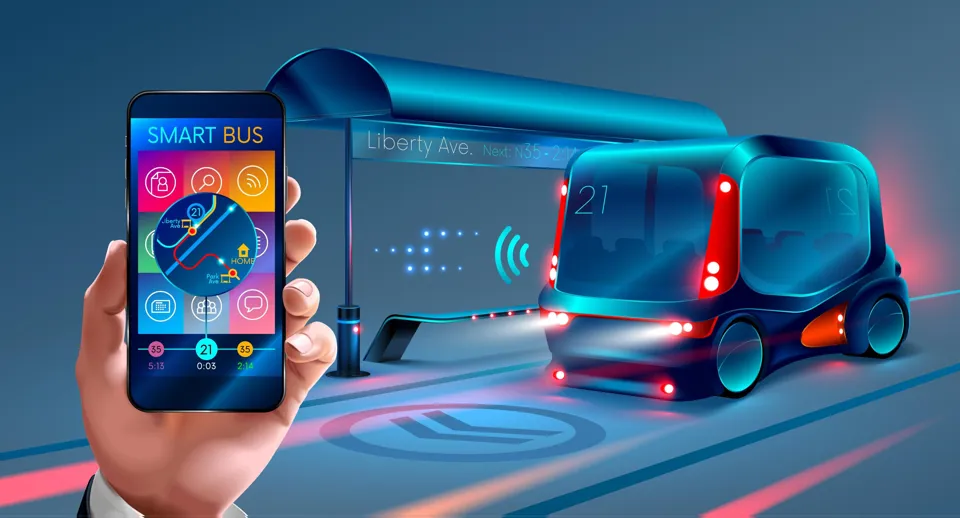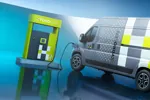New research has found that 75% of UK drivers are not yet ready to adopt shared mobility and autonomous technology.
It cites a lack of trust in safety technology and an emotional ‘attachment’ to car ownership as two key obstacles to the adoption of vehicle sharing and self-driving cars.
According to the study – Being Driven: A study on human adoption of autonomous vehicles, by Neckermann Strategic Advisors, in collaboration with specialist agency 7th Sense Research UK Ltd. – it could be “at least 10 years” before autonomous vehicles, and the sharing of them, will become common practice.
Lack of prestige
The findings also reveal a “perceived lack of prestige in not owning a vehicle”, leading the study’s authors to suggest that “shared mobility and autonomous technology represent a difficult-to-embrace ‘double leap’”.
It suggests that for vehicle manufacturers to overcome these barriers increased communication of the benefits of autonomous vehicles (AVs) “is vital to combat the fear of the unknown and inspire the greater level of trust required for widespread end-user acceptance”.
Skewed perception
Fergus McVey, 7th Sense Research UK Ltd. CEO, said: “The prospect of shared ownership – giving up what’s often seen as a mechanical member of extended family – and a skewed perception of what AV technology offers, is too much for a large majority of the UK to consider in one step. The industry needs to communicate the message that AVs are being developed to make your life better, not more complicated, less flexible or to jeopardise any sense of freedom.”
Be inspired
Lukas Neckermann, Managing Director of Neckermann Strategic Advisors and co-author of the study, added: “Consumers need to be inspired by the benefits of AVs instead of being flummoxed by the technology. The promise of enhanced journey safety, convenience and dependability is much more compelling than endless discussions on the trolley-problem and number of miles driven in autonomous mode.”
The study also shows that 60% of respondents would favour a private use, private ownership model for accessing autonomous transport. This is it says is “at odds with the previous industry assumption that shared ownership would form the core of future mobility”.
Emotional attachment
Frederic John, co-author of the Neckermann study, said: “Globally, we’re becoming less resistant to change. Electricity and radio took 40 and 20 years respectively to cross the 80% penetration threshold, whereas smartphones and social media took under a decade.
“However, these technologies did not replace items with an emotional attachment. Fax machines didn’t have nicknames, bring your first-born back from the hospital or go on family holidays. For consumers to detach themselves from this emotional connection in favour of the unknown, they first have to understand how AVs can enhance their travel experience.
“There’s an industry need to have a single, unified and strong voice to promote autonomous mobility technology towards the public and generate future end-user engagement. We look forward to engaging with partners from around the industry to build this strong community.”


















Colin Paterson - 01/11/2019 18:11
The manufacturers and technology focused global businesses have led the march towards autonomous - I'm not surprised there is a reluctance from drivers - this is a human skill (for life!), potentially being withdrawn so a sense of potential emancipation. With all technical developments there are risks of major error (data privacy and data breaches spring to mind) but on a busy public highway , the fear of catastrophe is significant.